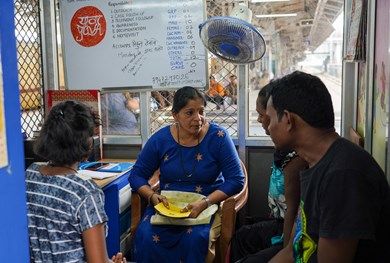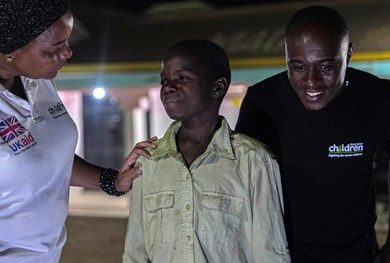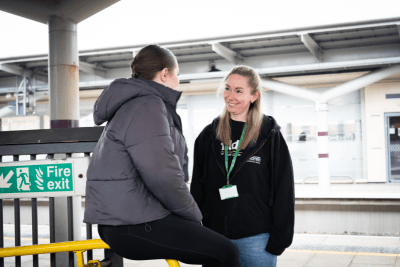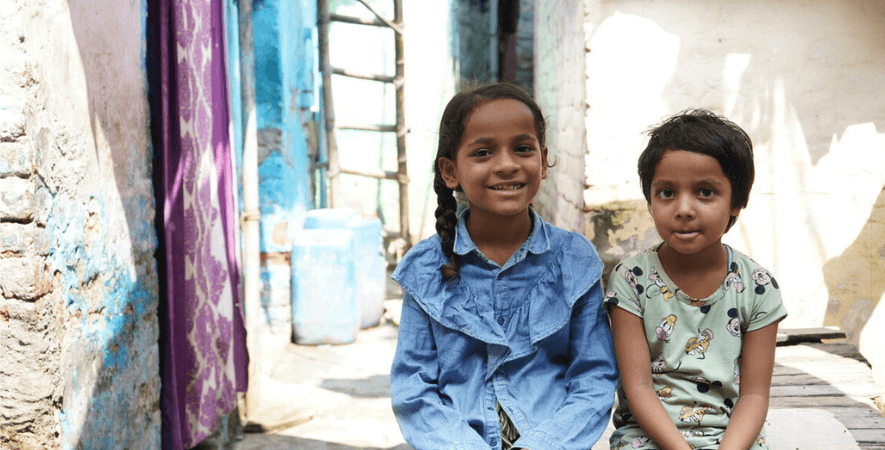
RAILWAY CHILDREN IN ACTION
How we keep children safe across India, Tanzania and the UK.
In the last year…
4295
British Transport Police and rail staff were trained in the UK to identify vulnerable children and keep them safe.
3308
children in India have were reached and protected across eight railway stations and one bus terminal.
1665
children and young people in Tanzania were supported to move away from the streets and into a brighter future.
We believe in a world where every child can thrive, away from a life on the street.
Across India, Tanzania and the UK, hundreds of thousands of children take to the streets to escape abuse or neglect.
But the street is no place for any child to grow up.
Alone and fending for themselves, they’re at risk of violence, abuse and exploitation by those who want to take advantage of them.
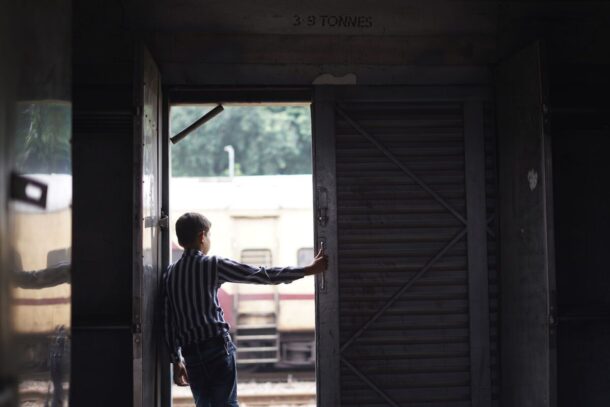
What is the “railway” in Railway Children?
Every year, thousands of children use public transport to run away from home.
For many young people, train stations and bus terminals offer safety, shelter and the chance to escape. But they’re also ideal spaces for criminals and gangs looking to abuse and exploit vulnerable children.
That’s why we focus on making transport networks safer for young people.
We work closely with governments, transport companies and communities to identify children at risk of harm. We give young people the lifechanging support they need to build a brighter future.

But there’s more work to be done.
There for children at every step
We dream of a world where no child ever has to grow up on the streets. It's a big dream, so we're doing a lot to make it happen. We aim to be there at every stage of a child's journey: before, during and after their time on the street.
1. We intervene early
We intervene at work, school or on transport networks, helping vulnerable children with their struggles to prevent them being lost to the street.
Our support tackles the root causes of each young person’s situation, giving them the unique help they need.
2. We protect children at risk
We protect young people from abuse and exploitation on the streets and across transport networks.
When a vulnerable child is identified, we provide the immediate care they need and work hard to bring them home or find a safe, family-based environment for them.
3. We rebuild families
Once a young person has returned home, we provide tailored support to help the whole family rebuild relationships and find solutions to the problems that led a child to the streets, so they won’t run away again.
Because we know that for change to last, people need the tools to bring it about themselves.
We’re making stations safer for children like Saida
Eleven-year-old Saida* was often left alone to look after the home and her younger siblings while her mother worked long hours.
So, feeling overwhelmed, neglected and hungry, Saida ran away.
But, alone on the streets in Tanzania’s largest city, Dar es Salaam, she was even more vulnerable to exploitation and abuse.
Thankfully, Saida was found and taken to Railway Children’s Child Support Desk at Magufuli Bus Terminal, where we were able to help her.
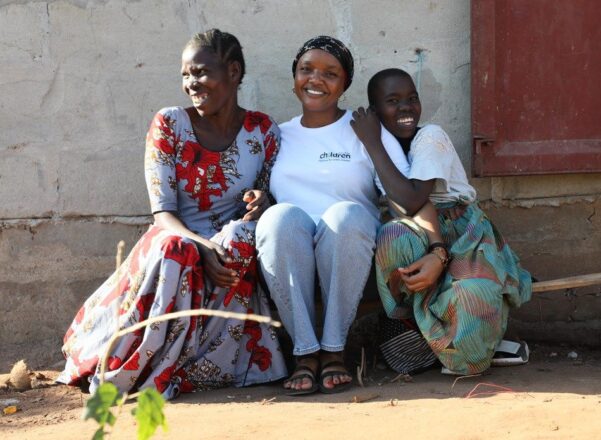
To make our dream a reality, we…
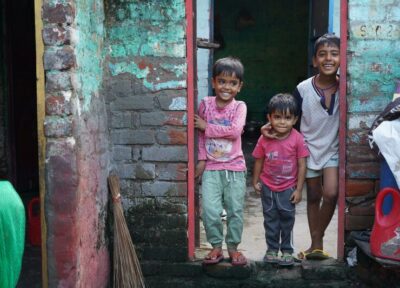
- We help children who are at risk of being separated from their families, tackling the issues that could drive them to the streets.
- We work with the transport sector to identify and protect children on the streets before they come to serious harm.
- We reunite children with their families and help repair relationships to prevent future separation.
- When this isn’t possible, we place children in secure and loving alternative family-based environments where they can thrive.
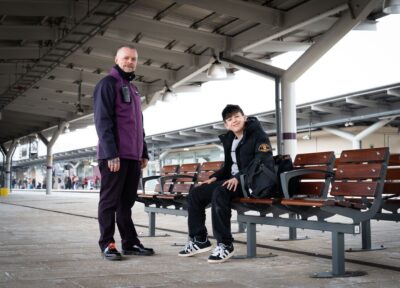
We’re helping create spaces that do not tolerate abuse of any kind.
The more touchpoints a young person has with informed people on the transport network, the safer they will be. So:
- We give transport staff and those in the transport community the tools to protect young people at risk, intervene and make informed choices to keep them safe.
- We raise awareness of the signs of vulnerability on the transport network so that more children at risk can be identified and supported.
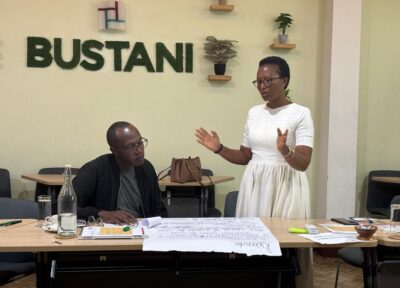
We’re building a world where every child can thrive.
- We’re working alongside policymakers to improve child protection systems and put safeguarding at the heart of transport networks.
- By empowering young people to share their opinions and experiences, we’re helping them directly influence policy and practice.
- We’re supporting the global movement to end institutional care, advocating for every child’s right to grow up in a safe, loving home.
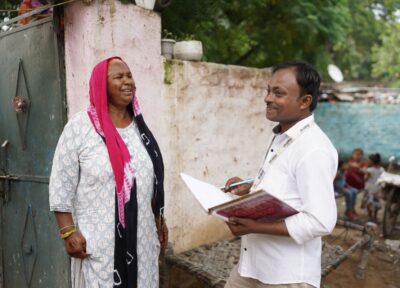
Street-connected children are all too easily left out of national databases. So they’re often overlooked in decisions around public funding and policy creation.
We’re determined to change this.
- We’re amplifying the voices of street-connected and vulnerable children by documenting data and evidence, finding gaps in support and developing opportunities for change.
- We’re demonstrating the impact of our work to show how safeguarding solutions can be adapted in different spaces around the world.
Find out more
Change a child’s future today
Your support makes our work possible. It’s the only way we can ensure all children are seen, heard and protected, so no child has to live on the streets anywhere in the world.
*Names have been changed and models used to protect identities.
Your money will be used wherever the need is greatest to support children across India, Tanzania and the UK.
